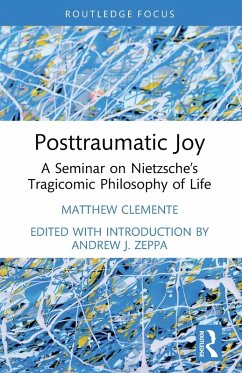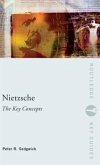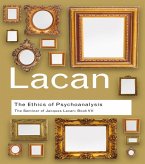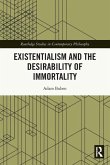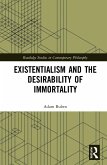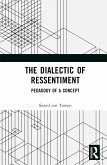Posttraumatic Joy presents the major themes and ideas of Nietzsche's corpus from a continental and psychoanalytic perspective with a particular bent toward how they might illuminate ways of coping with and living beyond trauma and suffering. Through a series of transcribed and edited lectures-originally delivered as a part of the "Nietzsche for Clinicians" workshop run through the Center for Psychological Humanities and Ethics at Boston College-this work traces the genesis of such fundamental psychoanalytic concepts as repression, the death drive, and the Oedipus complex to the works of one of philosophy's most audacious and original thinkers. Reading Nietzsche not as a philosopher in the traditional sense, but as a proto-psychoanalyst, a precursor to Freud and Lacan, this work explores his understanding of the origins of morality, the value of sublimation, the movement from mourning to melancholia-or, in Nietzsche's terms, from trauma to tragedy-and the possibility of a lifelived in affirmation and self-overcoming.
This interdisciplinary book will be of interest to scholars and practitioners whose work intersects with continental philosophy and theoretical and philosophical psychology. This includes any psychotherapist, social worker, psychoanalyst, or pastoral counselor with an interest in understanding the deeply psychological philosophy of one of history's greatest thinkers.
This interdisciplinary book will be of interest to scholars and practitioners whose work intersects with continental philosophy and theoretical and philosophical psychology. This includes any psychotherapist, social worker, psychoanalyst, or pastoral counselor with an interest in understanding the deeply psychological philosophy of one of history's greatest thinkers.
'This is a wonderfully written and important book for anyone interested in understanding the philosophy and psychology of Nietzsche and its application to the human condition. Dr. Clemente, in a very clearly written book, shows the importance and relevance of Nietzsche to contemporary depth psychology and how Nietzsche anticipates much of the depth psychology that came later. This book is fascinating and incredibly relevant for anyone interested in a deeper understanding of the human condition.'
David Olsen, PhD, LCSW, LMFT, executive director, Samaritan Counseling Center of the Capital District
'Clemente offers readers a fascinating series of reflections on some of Nietzsche's most important and personal ideas, including his life-long quest to find a path to happiness and even joy in a life marked by great suffering. Retaining the conversational flow of the discussions out of which it springs, this work remains highly accessible to those new to Nietzsche's ideas while also penetrating deeply into their meaning and value for life. Clemente's guidance through the thick but fruitful forest of Nietzsche's thought will prove useful not only for professionals in the field of psychology and social work, but also for anyone seeking meaning and happiness while honestly confronting the full weight of life's trauma and suffering.'
Thomas P Miles, author of Kierkegaard and Nietzsche on the Best Way of Life
David Olsen, PhD, LCSW, LMFT, executive director, Samaritan Counseling Center of the Capital District
'Clemente offers readers a fascinating series of reflections on some of Nietzsche's most important and personal ideas, including his life-long quest to find a path to happiness and even joy in a life marked by great suffering. Retaining the conversational flow of the discussions out of which it springs, this work remains highly accessible to those new to Nietzsche's ideas while also penetrating deeply into their meaning and value for life. Clemente's guidance through the thick but fruitful forest of Nietzsche's thought will prove useful not only for professionals in the field of psychology and social work, but also for anyone seeking meaning and happiness while honestly confronting the full weight of life's trauma and suffering.'
Thomas P Miles, author of Kierkegaard and Nietzsche on the Best Way of Life

